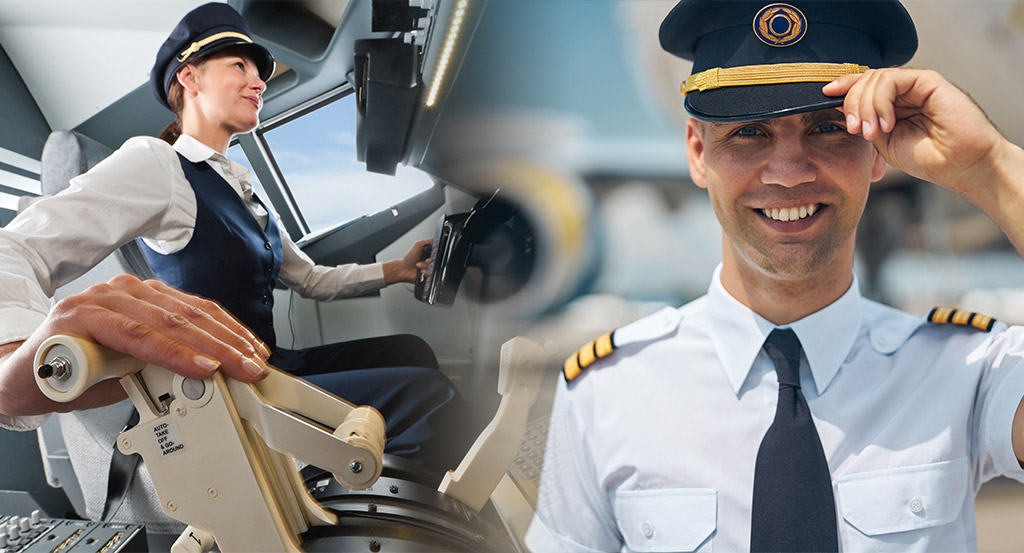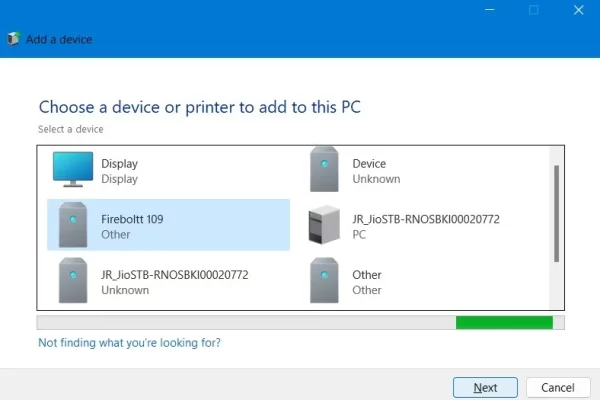If you have ever dreamed of flying high and exploring the world from above, then a pilot degree program might be just what you need. Aspiring pilots can choose between various types of programs designed to cater to their needs. From aeronautics to aviation management, there are endless possibilities in the aviation field.
A pilot degree program offers extensive coursework that enables aspiring pilots to gain knowledge in navigation, aircraft systems, and safety protocols. It prepares them for careers in commercial airlines, private companies, military or government agencies.
These programs utilize hands-on training with advanced simulators that provide students with an unparalleled experience of operating different kinds of aircraft. With advancements in aviation technology, flight schools nationwide are now equipped with state-of-the-art facilities, including virtual reality (VR) flight simulations that allow trainees to practice real-life scenarios safely without leaving the ground – where they get feedback on their performance immediately upon completion.
The courses are typically structured around Federal Aviation Administration (FAA) regulations, as students must meet specific requirements before being granted certification by FAA. Students have been exposed to up-to-date information on air traffic control procedures, rules, and precision flying techniques when undergoing flight training education at these schools.
One important factor that students need to consider when enrolling in pilot degree programs is whether FAA accredits it. Accreditation means that the educational institution meets the set criteria established by FAA for training pilots, which includes requirements such as curriculum design and instructor qualifications, among others – ensuring proper preparation for future aviators before attaining licensure through written exams geared towards testing competency levels on different aspects of flying skills based upon company guidelines enforced on airline pilots.
There are several options from which applicants can choose when pursuing an aviation career, but choosing between such diverse pilot degree programs requires thorough research into each opportunity’s merits and drawbacks, along with its associated costs. Here is an overview of some of the different types of programs available:
1. Aeronautical Science
The aeronautical science program concentrates on developing students’ knowledge of instrumentation, flight dynamics, and aircraft performance. Students trained in this course are adequately prepared for the private sector and commercial airlines.
2. Aviation Management
The aviation management program is tailored towards students interested in working with airlines or airport operations. The curriculum covers a range of business courses, including those related to accounting, operations, and human resources.
3. Commercial Pilot
The commercial pilot is designed for candidates who aspire to become licensed pilots and work either for commercial airlines or within flying clubs where they can accumulate several thousand hours of flight experience before advancing into roles as airline captains, for instance.
4. Flight Instructor
The Flight instructor’s certification provides advanced training in aerodynamics, cockpit procedures, and even crash scene investigation. It gives graduates a distinct advantage when seeking employment if they pass on their knowledge by teaching others how to fly.
5. Aerospace Engineering
Aerospace engineering refers to designing essential systems that enable aircraft transports, such as providing aerodynamics, control system design, propulsion systems, etc.
6. Aviation Maintenance Technology (AMT)
Employment opportunities exist both within piloting and with aviation maintenance technology, wherein individuals possessing technical abilities often specialize solely in maintaining complicated machinery found on these aircraft.
If you want more details about any program listed hereabove, you can always search online or inquire at flight schools near your location.
Conclusion
Pursuing a career in aviation education can open doors to different opportunities within this vibrant industry; however, aspiring pilots must assess what lies ahead before committing too much financial investment/making long-term decisions. While some new entrants may elect to proceed from generalized higher education degree programs while awaiting advanced non-specialized/specialized licenses, it is often more advisable to learn in an environment such as through pilot degree programs that include hands-on experience with highly qualified instructors having extensive flying experience. Want to learn more about Pilot Degree Programs? Explore your interest today!





